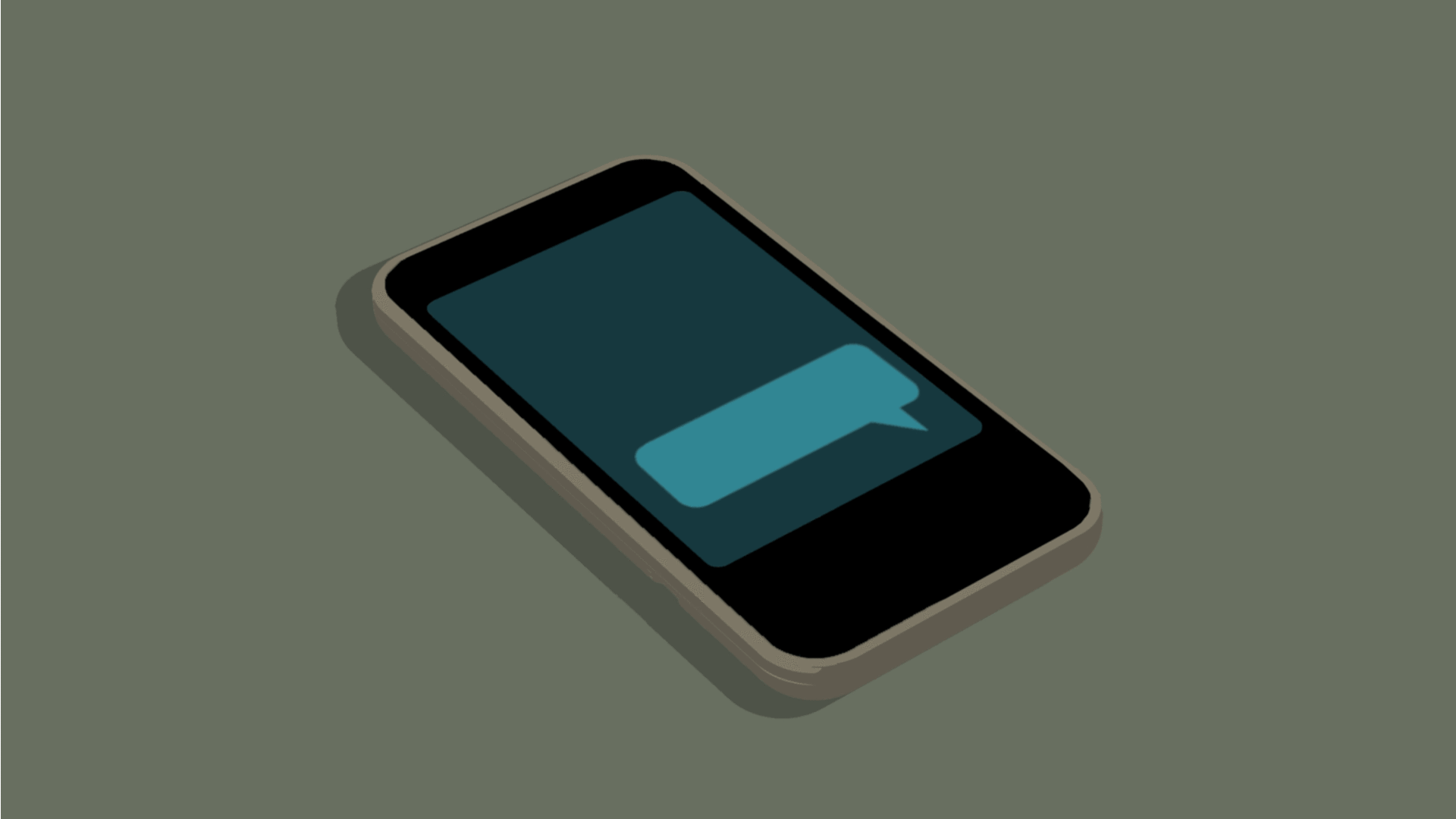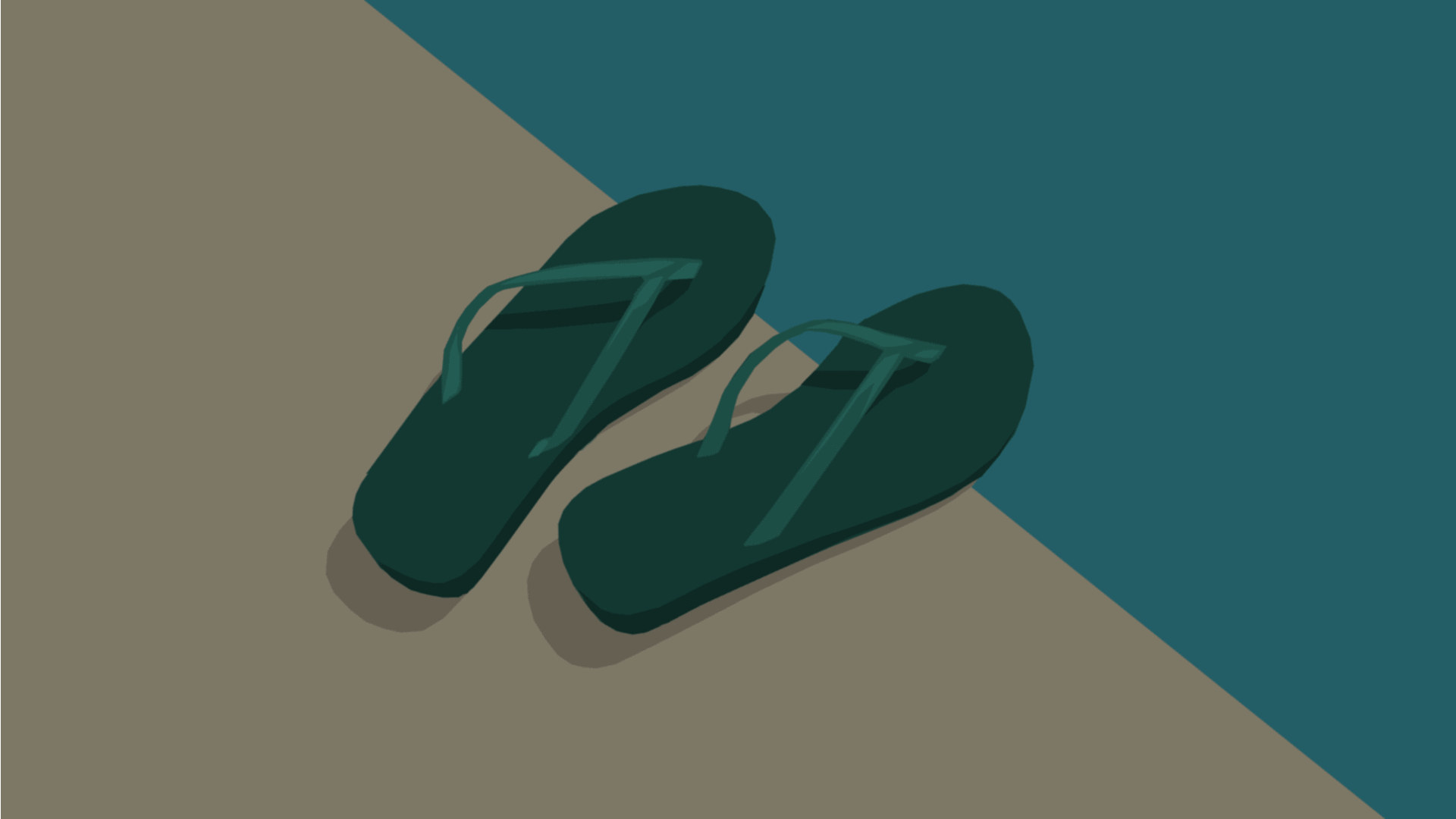Escaping a lockdown abuser
A domestic violence survivor’s journey in five objects

“Even though he was sitting there the whole time or following me around, I could lose myself in crocheting and block him out a bit.”
Some people might have been happy at the prospect of being furloughed from their job, but for Victoria this was a terrifying prospect.
“I remember that dread in my stomach, driving home from work on the last day thinking: ‘How long until I can get away?’”
Victoria had already suffered years of abuse from her partner by the time the UK went into lockdown in March. After that, her life became even more difficult.
It is a situation victims of domestic abuse have suffered all over the globe, in what the UN is calling the “shadow pandemic” - a focus of BBC 100 Women this year. For every three months lockdown continues, the UN estimates an additional 15 million women are expected to be affected by intimate partner violence worldwide.
For as long as she could remember, Victoria’s partner had been trying to control her every move, and had gradually cut her off from friends and family. He would ring her 10, 20, 30 times a day. One day when her phone was on silent upstairs, he sent a friend of his mother’s to check on her.
Before the pandemic, Victoria had almost managed to leave - working punishing night shifts to save the deposit for her own flat. But her plans were derailed when one of the children was hospitalised.
And now the couple were locked in the house together 24 hours a day, seven days a week. They could not even leave for shopping or exercise, because the child’s health problems meant the family had to shield. The family had a garden, but Victoria’s partner refused to let them go in it. He told them they could catch coronavirus even in the fresh air, far away from other people.
So Victoria tried to get through the long days by taking an online course. Even then, he would sit beside her as she studied, and check her internet history afterwards.
The strain became so unbearable that Victoria contemplated suicide. She would lie awake at night, trying to work out how she could get the children to a safe place first.
‘’I was thinking: 'I will have to kill myself, because I can’t live the rest of my life like this, and I can’t see any way out.'”
But she found that learning to crochet helped relax her, giving her something else to focus on. Many people began a new hobby in lockdown out of boredom. But for Victoria, it became a lifeline. She began to spend her days making things for the world outside her four walls, such as clothes for a friend’s new baby.
“Even though he was sitting there the whole time, or following me around, I could lose myself in crocheting and block him out a bit. It was one of the only things that kept me going.’’

“My daughter had had enough of the way that he controlled everybody and how scared we were all the time.”
As her partner's furlough was extended to July, and then to September, the situation at home began to spiral out of control.
Already a heavy drinker, he started spending up to £500 on alcohol a month. And the drinking brought with it a constant threat of violence. He positioned a baseball bat by the front door and a baton on the stairs, and left knives around the house. Victoria knew he might use them - he had previously told her he would cut her throat if she tried to leave.
About two thirds of women in England living with domestic abuse told a Women’s Aid survey published in August that their ordeal had got worse during the UK’s first lockdown.
It was one of Victoria’s children who finally triggered their escape.
She texted a confidential mental health support service, and then managed to flee the house to stay with a supportive family member.
“My daughter had had enough of the way he controlled everybody, and how scared we were all the time,’’ Victoria says.

“My daughter gave me a pair of her shoes to wear.”
It’s not clear what Victoria’s daughter told the mental health service but police visited the family home to check on her wellbeing. Her partner responded by going on a drinking binge, while she and the children hid upstairs. And then in the early hours of the morning, he went into Victoria’s bedroom and tried to snatch her phone, demanding to know what her daughter had been saying about him.
When Victoria refused to hand it over, he punched her in the face.
Another daughter called the police, and the younger children were quickly woken up and taken out of the house. It was half past one in the morning. Victoria didn’t have enough time to grab any clothes - she left in shorts and a strappy top. Her daughter gave her a pair of flip flops and they headed into the night.

“My mum’s dressing gown was the one thing I made sure I took with me to the refuge.”
Victoria and her children sought sanctuary with a relative, while the police arrested her partner. The next morning she slipped back into the house while he was in custody. She quickly scooped up some possessions - toys for the children; her crochet hook. She also grabbed her dressing gown, a gift from her mother.
Victoria’s partner hadn’t allowed her to see her mum for two years before she died of cancer. On the first anniversary of her death, he started to claim that he was suffering from the same type of cancer.
“The attention wasn’t on him, and he knew saying that would upset me,” she says.
Victoria is glad she thought to pack this memento of her mother, as she never returned to the house again. She contacted Women’s Aid, and within days she and the children had moved into a refuge.
The first few weeks were difficult. The children reacted badly to loud noises and doors slamming, and Victoria struggled to sleep, imagining that her partner was standing by the door. But eventually they began to truly feel safe.
“To not have the constant calls and text messages, or the threat of someone kicking the door open and pulling the covers off you in the middle of the night, it makes you feel relaxed - like you can breathe,” she says.

“After the rain comes the rainbow.”
While the refuge offers a safe haven from the outside world, it is not immune to the pandemic.
Victoria says she is very relieved to have been given a place there. But repeated lockdowns have meant some families haven’t been able to move on, reducing space for others even as demand has soared by 150%.
Messages to the UK's National Domestic Abuse Helpline increased by 120% on one particular night early on in lockdown, and over the past month demand has steadily increased again, the charity Refuge, which runs the helpline, says.
And when someone at Victoria’s refuge tested positive, the women were plunged back into isolation, which for many brought back traumatic memories of being trapped with their abuser.
“Isolation was really hard to start with, because it took me back ‘there’, to where I wasn’t allowed to do this or do that,” Victoria says.
“But after a few days it wasn’t so bad. I thought: ‘I’m surrounded by people who care about you, I can go in the garden. You know you’ll be free in a few weeks.’”
While the refuge has given Victoria a haven, she hasn’t been able to have much interaction with the outside world. For her own security, the refuge told her to change her phone number and to keep her new address secret, although she could let friends and family know she was safe.
So it was an unexpected surprise when, through a third party, she received a card from an old friend. The message on the front: ‘After the rain, comes the rainbow.’
Victoria is looking forward to starting a new life with her family back in society, free from fear. But the refuge has allowed them to feel normal again.
“I didn’t know what we would come to, but everything that we needed was there already. And it just felt comfortable, nice. It feels like home now.”
Many people fear the pandemic means Christmas will be different this year, but for Victoria that’s the best part.
She’s taught some of the other women to crochet, and they are making Christmas decorations to send to their families. It may only be November, but she has bought all her presents, and her children already have Christmas trees in their rooms.
“Christmas is going to be amazing - we can eat what we want, we can do what we want. I am so looking forward to it,” she says.
Names have been changed
Domestic violence: Useful contacts
You can find a range of UK domestic violence contacts here
In the US, the domestic violence hotline is 1-800-799-SAFE (7233)
If you or someone you know needs support for issues about emotional distress, these organisations may be able to help.
Author: Eleanor Lawrie
Editor: Sarah Buckley
Picture Editor: Emma Lynch
Long Reads Editor: Kathryn Westcott

BBC 100 Women names 100 influential and inspirational women each year and shares their stories. Find us on Facebook, Instagram and Twitter, and use #BBC100Women.
Publication date: 25 November 2020